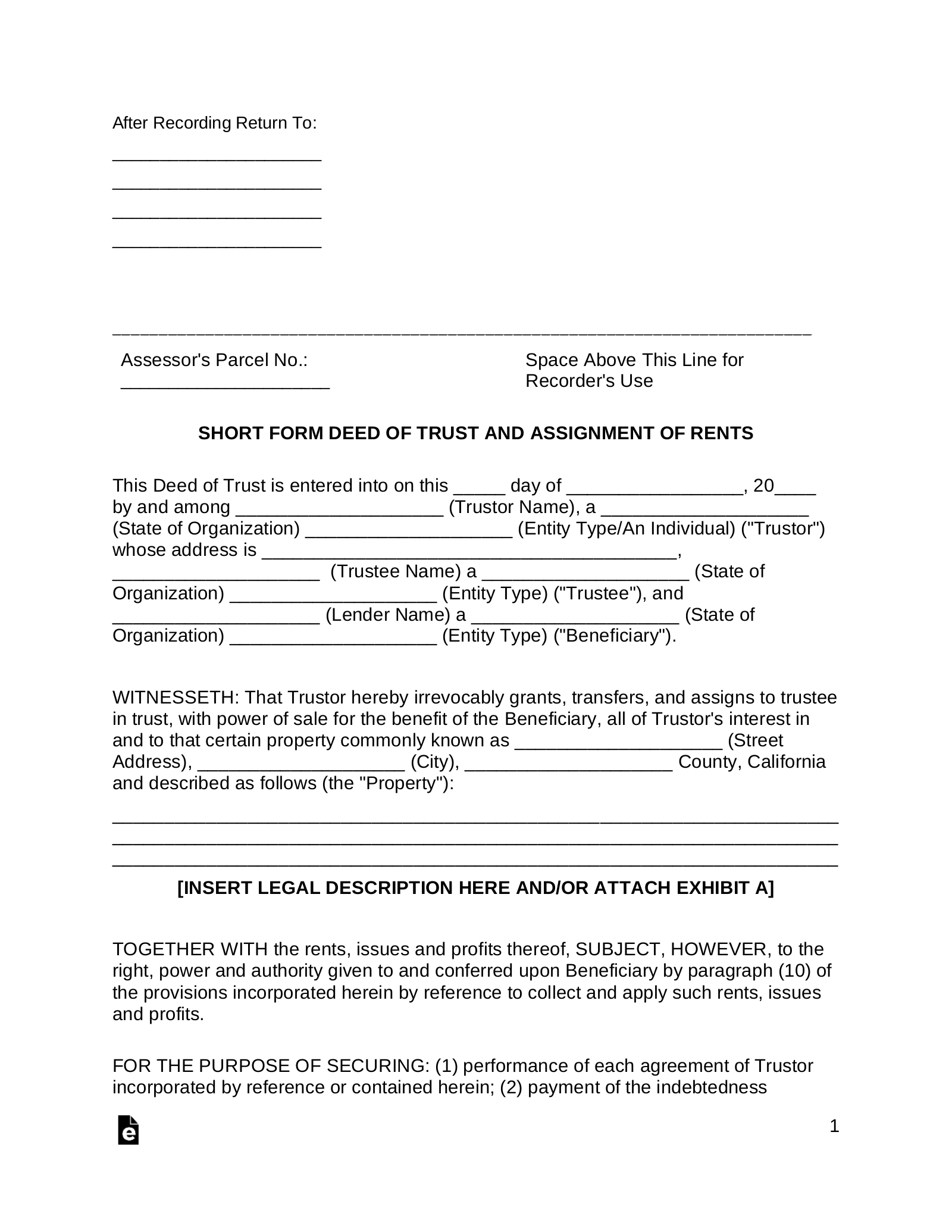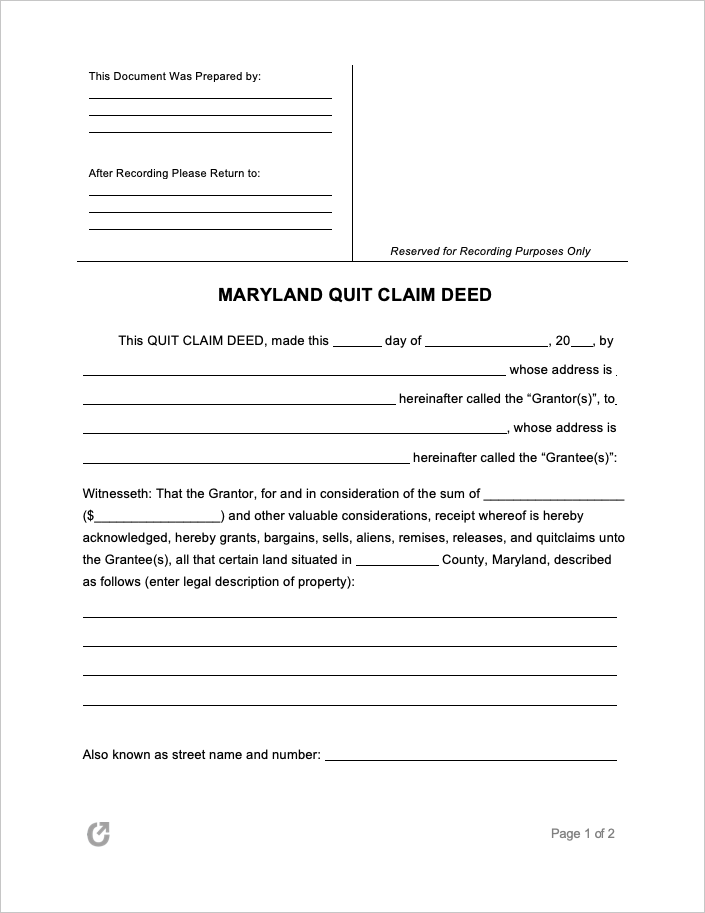Table Of Content

Again, this type of deed makes no warranties regarding title. If this conflict grows into a lawsuit, a judge will need to decide whose rights (or title) will be enforced. When you buy a home, you want to buy one that doesn’t come with costly baggage. Understanding who truly owns your home and protecting yourself with title insurance can give you peace of mind and help you avoid a financially ruinous title disaster. The methods of holding title mentioned above pertain to individuals, but it’s also possible for other entities to hold title as well.
View Real Estate Records by Appointment
The mere act of holding your property deed represents more than legal ownership; it’s a tangible reminder of the memories housed within those walls and the future dreams yet to unfold. There are a handful of misconceptions floating around about property deeds. Some believe that merely having the keys to the house is equivalent to having ownership.

Less Common Ways To Hold Title
House deeds are the primary way that a homeowner can definitively demonstrate ownership of their home in the event of a property dispute. During a real estate transaction, both the buyer and the seller should verify that the deed was completed correctly to reflect the transfer of ownership. When you buy a house, the seller will transfer you the property deed, which proves you have legal ownership of the property.
Who Can Obtain Real Estate Records Copies?
Some states may also provide this service through a central registry. Fees and requirements may vary, so it’s essential to check with your specific county or state. In most cases, the buyer does not receive the actual deed at closing; instead, they receive various closing documents.
There are many types of deeds used to transfer property, depending on the situation. The deed history of the home you’re buying will show up in a title search. It is crucial for homeowners to familiarize themselves not only with the importance of house deeds and property titles, but also with the process of finding and updating them. The original property deeds are typically held by real estate lawyers who acted when the property was last sold. Also, your mortgage provider may retain the deeds to your property if you have any mortgage on the property. The process to get such alterations made can vary from state to state, so you may need to do some research.
From here, you may be able to look up your property, locate the deed, and download a copy of your deed onto the computer. A deed of trust to secure assumption is used to grant property rights when there is an existing mortgage or similar home finance loan. It requires the grantee to make house payments while giving the grantor, who is not the lender, the right to enforce those payments. It does not remove the mortgage or lessen the lender’s claim.
My stepdaughter is executor to her late father’s will, and believes she’s now on the deed to my home. Is that possible? - MarketWatch
My stepdaughter is executor to her late father’s will, and believes she’s now on the deed to my home. Is that possible?.
Posted: Sun, 19 Nov 2023 08:00:00 GMT [source]
Update your estate plan to include the deed to your house
With these tips in your arsenal, you’re not only poised for a hassle-free title transfer but also assured of secure homeownership. If you weren’t able to find your deed online, then your next step is to contact your County Recorder’s Office. Here, you can speak with a customer service representative and request help locating and obtaining a copy of your deed. If you were lucky, you may have already located your deed and won’t need the rest of these steps. However, in some cases, a simple web search may not yield any results. This is especially true if your county doesn’t provide electronic records, or if the deed is older and has been archived.
Once you receive your deed by mail, be sure to look at your deed and verify that you’ve received the correct deed. Further, verify that the information on the deed on record is correct and up-to-date. In most cases, you should already have a copy of the deed to your house. However, life happens and perhaps you’ve misplaced it, or your closing agent did not provide it to you.
In Texas, deeds often include language similar to “in exchange for $10.00 and other valuable consideration,” even though real estate usually sells for far more than $10.00. The deed can also reference a description found elsewhere, so long as it is in writing and exists when the deed is drafted. For example, a deed could reference a public survey, property tax documents, or even the most recent deed to the property.
A deed is a legal document showing who has title to a piece of real estate. Deeds are recorded by county recorders or register's offices in the county where the property is located. Many of these records are now available online in searchable databases. While this has made finding out who owns a deed easier, it can still be a complicated process, so it's best to be prepared for an intensive search. The key difference between the two is the matter of a physical document.

For example, if you put up land a security on a loan, the lender will have a lien on your home until you pay back the loan. Tutorials are available on ACRIS to help you record and search for documents online. "Security Interest" is the right of the creditor (the bank/mortgage issuer) to take all or part of a property offered as security. The property is pledged as collateral for the mortgage, so the bank/mortgage issuer can take certain legal remedies if the owner defaults on the mortgage. Residents of all boroughs (including Staten Island ) can request a certified copy of a tax map in person at the Tax Map Office.
That’s a simple matter of going through the documents you received when you purchased the home or ordering a certified copy from your municipality’s Property Clerk. Below are some of the most common ways a homeowner can hold title and how they typically work. However, the types of ownership available to you and the specifics of those types can vary depending on your state’s laws. When you buy a house, the seller (also known as the grantor) will sign this document, deeding the house to you (the grantee). The deed will then be filed with the appropriate government office for your county, such as the clerk or the register of deeds. In another instance, if a buyer is purchasing a house with cash, they may work directly with a real estate attorney to obtain the deed.
You can record property-related documents in person or online. To register a document, you must create a cover page in ACRIS, and submit document, supporting documents, and pay fees and taxes (if necessary). If you’re in the process of purchasing a home, you’ll receive a certified copy of the deed to your new house at the time the title gets transferred to you. Instead, it’s a concept used to describe an individual’s legal right of ownership of a property. Without the owner’s policy, your mortgage company will be covered, but you won’t be able to rely on it for a new home.

No comments:
Post a Comment